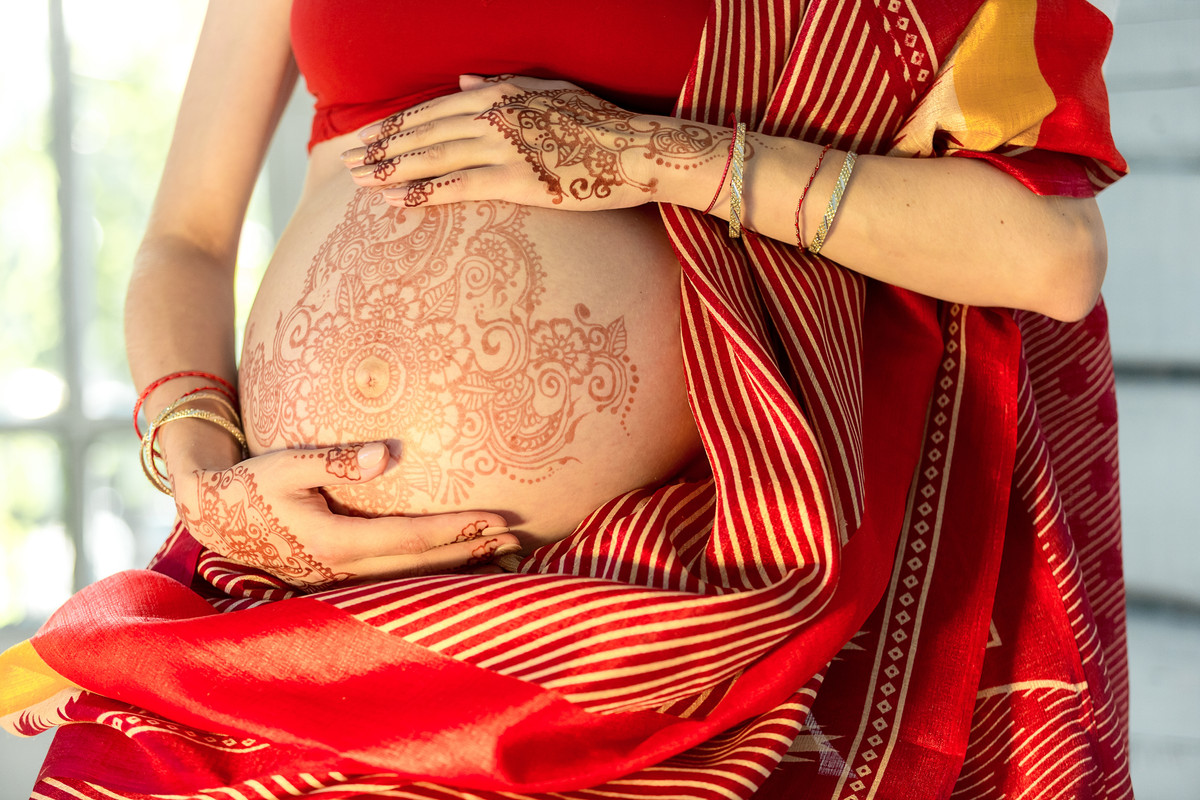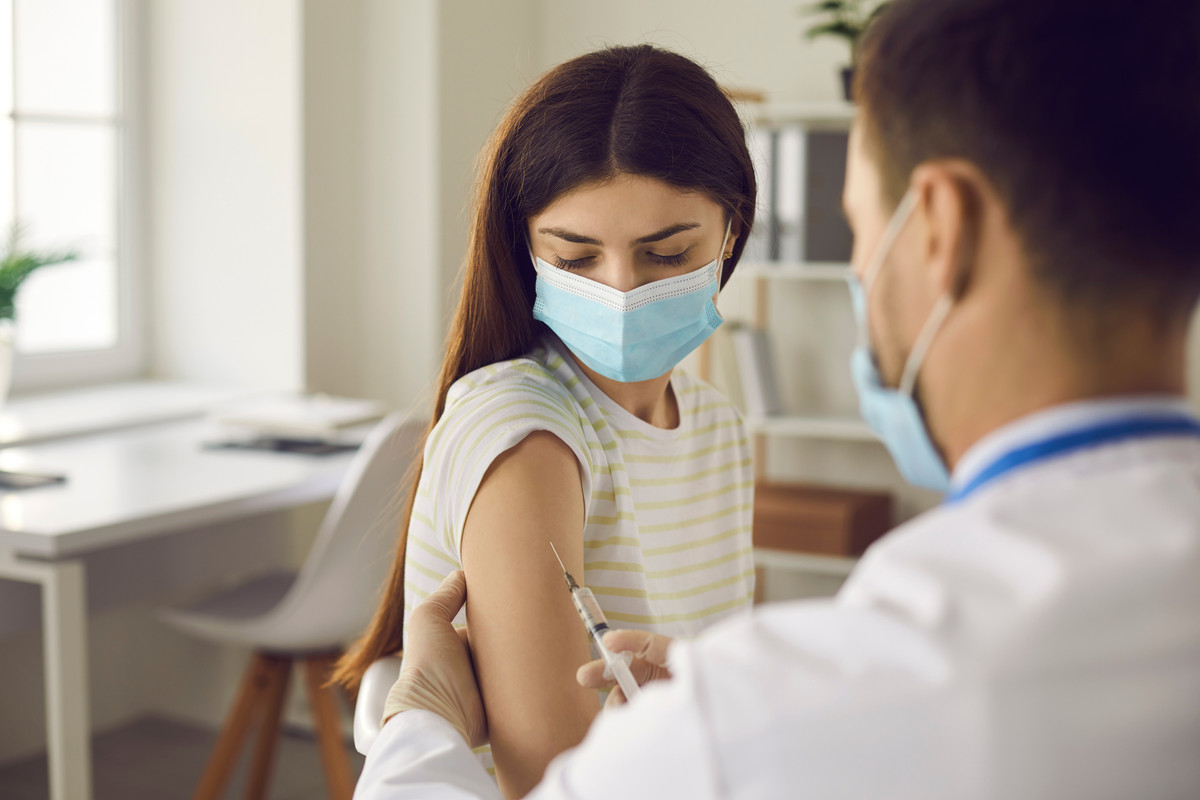Getting medical treatment in India
There are several options for medical treatment in India. If you're an expatriate, we recommend using private hospitals and clinics. These facilities generally offer a better quality of care and have up-to-date equipment. They are often located in major cities such as Delhi, Mumbai (Bombay) or Bengaluru (Bangalore).
It's also important to take precautions to avoid diseases such as dengue fever, which is on the rise in India. Be careful and protect yourself well against mosquito bites during the day (more information here).
Traditional medicine in India
Traditional medicine is an important pillar of the country's healthcare system. India is renowned for
Ayurveda, a practice that aims to treat the person, not the disease. This type of medicine includes dietetics, herbal therapy, aromatherapy, massage, yoga, chanting, breathing, and meditation.
There are several other well-known and respected healthcare systems, such as:
- Siddha, the oldest system of traditional Indian medicine
- Unani, a Greco-Arab system of medicine that has found an important place in Indian healthcare
- Yoga, an ancestral Indian practice renowned for its benefits to body and mind
- Naturopathy and homeopathy, which advocate a natural, individualized approach to health.
This holistic approach to health is widely recognized and practiced throughout the country, and all of these traditional systems of medicine are used by a majority of the Indian population for the treatment and prevention of numerous conditions and diseases.
Quality of healthcare in India
As mentioned above, the quality of healthcare can vary considerably from region to region. In the major cities, there are
highly skilled healthcare facilities offering a wide range of medical services.
India is renowned around the world for the quality of its medical care and its competitive rates. And with the development of telemedicine and the arrival of
teleconsultations, more and more healthcare services are available online. Be sure to check whether your insurance covers remote consultations, which are becoming increasingly common in India!
Healthcare for women in India
In India, access to healthcare for women presents particular challenges. In this country with its patriarchal traditions, women are campaigning for better access to healthcare services. Initiatives such as
telemedicine (offering remote consultations) and
mobile clinics have emerged to reach remote and isolated areas, where women often lack access to quality healthcare.
For expatriate women of foreign origin in India, access to healthcare services can also be uneven, particularly in rural areas. However,
in major cities, expatriate women can access quality healthcare in
private hospitals. These facilities are equipped with
state-of-the-art technology and are staffed by
qualified health professionals.
In any event, regardless of the medical facility,
Indian women and expatriates alike are often confronted with gender bias within the Indian healthcare system. If you find yourself in need of treatment during your stay in India, make sure you are treated by professionals who are sensitive to these issues.
Pregnancy in India
Pregnancy in India presents specific challenges. Despite a large number of public and private healthcare facilities specializing in childbirth and postnatal care, the situation varies greatly between different social classes. Middle and upper-class women are able to access quality care in private centers, while less privileged women suffer from a lack of appropriate medical services.
FemTech is playing a key role in transforming women's healthcare in India, making it more accessible, personalized and empowering. However, the maternal mortality rate remains high, with 97 deaths per 100,000 births.
On average, 83.1% of births are attended by skilled health personnel, but this varies considerably by region. Traditional maternity assistants attend 37% of home births.
What's more, according to data from the latest National Health Family Survey, only 58.1% of pregnant women received at least four prenatal check-ups. It’s therefore essential to take steps to improve access to healthcare for pregnant women in India.
Private insurers often include maternity benefits in their plans (medical monitoring, childbirth, etc.) to avoid any risk of complications and to monitor the mothers-to-be throughout their pregnancy. If you're planning to have a baby, be sure to check that your insurance offers this type of program!
Price of a medical consultation in India
In India, the
cost of a medical consultation is generally lower than in the West. Prices vary according to the type of healthcare, the practitioner and the facility.
Please note: depending on your plan, your insurance may cover all or part of the cost of a consultation. Also bear in mind that some insurance policies only cover specific hospitals and certain medical conditions.
- General practitioners: they are often the first point of contact for healthcare. Consultation fees vary according to factors such as location and the doctor's experience. In public hospitals and rural clinics, the cost may be lower or even free for people on low incomes.
- Specialist doctors: they offer a wide range of services, from cardiology to neurology. As with general practitioners, their fees vary according to factors such as location and experience. Consultations with these specialists in private hospitals in major cities can be quite costly.
Teleconsultation services are offered by certain specialists at specific rates depending on the type of specialty. For example, a remote consultation with a psychiatrist, neuropsychiatrist or neurologist can cost up to €42.50. As with a consultation with a general practitioner, your insurance may reimburse all or part of the cost of the consultation, depending on your plan.
What vaccines are needed for India?
India does not require any specific vaccinations for entry into the country. However, certain vaccines are strongly recommended to be sure of traveling safely.
- The hepatitis A vaccine is systematically recommended. An injection should be given 15 days before departure, with a booster 1 to 3 years later. Children can be vaccinated from the age of 1.
- For travelers coming from regions where Japanese encephalitis is endemic and who are staying in rural areas, vaccination against this disease is compulsory. Japanese encephalitis is transmitted by mosquitoes.
- It’s also advisable to update certain vaccinations, such as diphtheria-tetanus-polio, hepatitis B and typhoid fever.
You should consult a health professional at least four to six weeks before your trip to update your vaccination schedule.
Please note: there are as yet no vaccines for malaria and chikungunya, two mosquito-borne diseases present in India.
Malaria in India
Malaria remains a major public health problem in India, especially in areas below 2,000 meters altitude. The risk is particularly high in the eastern and central regions of the country, in states with large forests and hills.
The Indian government has set itself the ambitious target of completely eliminating malaria by 2030. To achieve this goal, considerable efforts are being made to improve the diagnosis and treatment of the disease. For example, rapid malaria screening is a priority as it can save lives. However, access to testing can be a major challenge, particularly for people living in rural areas who often have to travel long distances to be tested.
In addition, malaria is linked to migration to India. The high incidence of the disease along national borders poses a real problem for its eradication.
It’s therefore essential for travelers and expatriates to take preventive measures against malaria. If you're traveling to at-risk areas in India, be sure to use mosquito repellents and wear covering clothing as soon as the sun goes down.
Visualization tools, such as the METIS platform, can be used to identify areas at risk and adapt prevention measures accordingly.
Do you need to be vaccinated against Covid-19 to travel to India?
On November 22, 2022, India lifted all health restrictions linked to Covid-19. Vaccination against Covid-19 is no longer a condition of entry into India for travelers from France, whether or not they have been vaccinated. However, vaccination is still recommended to protect against the virus. Don't forget that the situation can change rapidly, so it's advisable to check the recommendations of the government and Ministry of Health in your country of residence before planning your trip.
Emergencies
In the event of a
medical emergency in India, it's important to know the national emergency number, which is 112. Operators usually speak English, but this is not always the case.
Comprehensive private health insurance should make it possible for you to claim back the cost of using a private ambulance. You should also be aware that the cost of medical care in case of an accident or emergency, or even a medical evacuation, can be very high in India.
Cost of dental and vision care
Dental and vision care account for a significant proportion of medical expenditure for expatriates in India. While some outpatient services are affordable, fees can be significant in the private sector, particularly for more complex procedures or good-quality glasses and lenses.
- On average, the cost of a dental implant in India varies between 40,000 and 80,000 rupees, depending on the type of implant and the patient's medical history.
- When it comes to vision care, reimbursements from supplementary health insurance providers vary greatly. Be sure to compare them to select the plan that best suits your needs.






